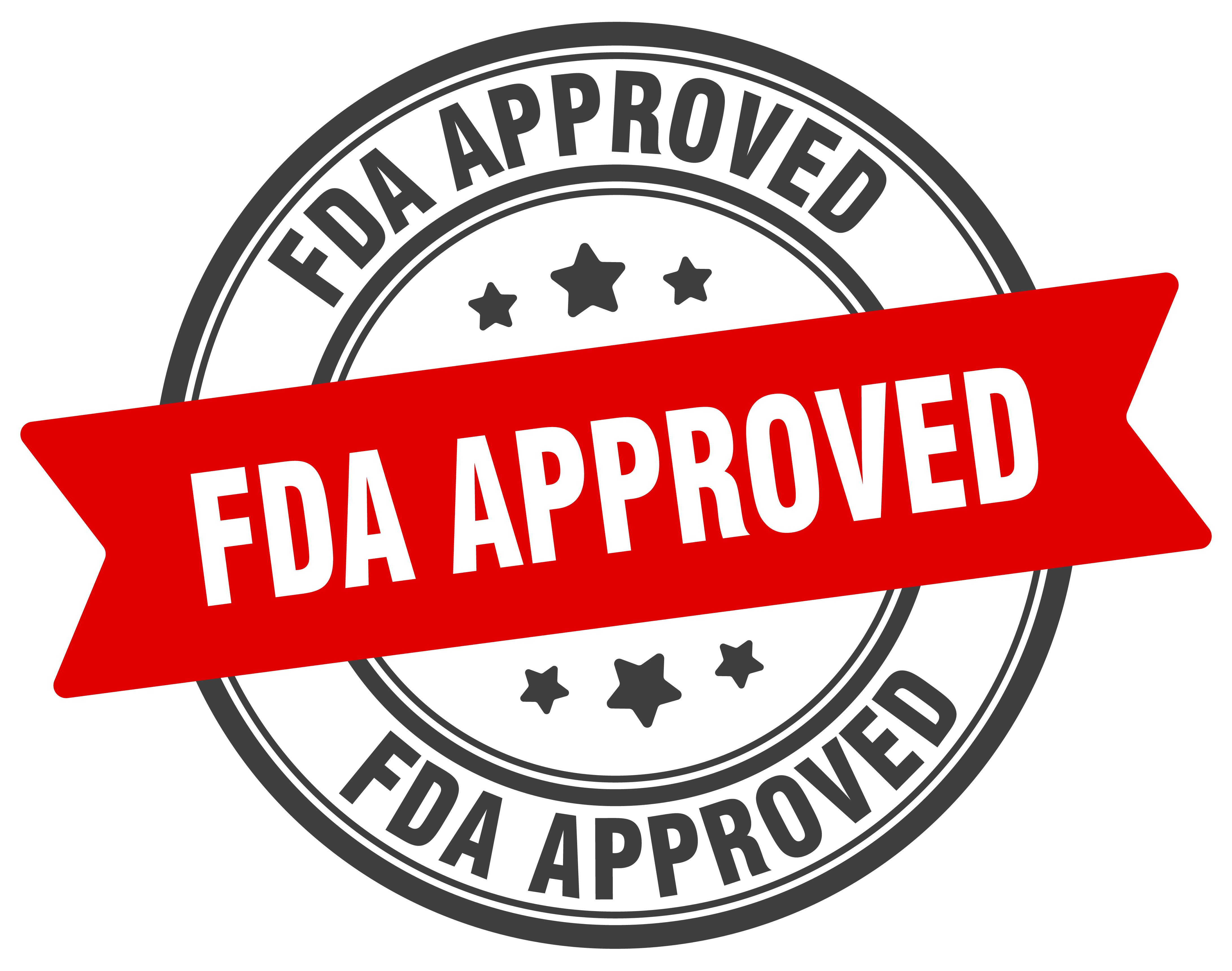- Center on Health Equity & Access
- Clinical
- Health Care Cost
- Health Care Delivery
- Insurance
- Policy
- Technology
- Value-Based Care
FDA Approves Nemolizumab for Adult Patients With Prurigo Nodularis
The FDA has approved nemolizumab (Nemluvio; Galderma) to treat patients with prurigo nodularis based on successful phase III trials demonstrating significant reductions in itch and sleep disturbances.
The FDA has approved nemolizumab (Nemluvio; Galderma) as a pre-filled pen for subcutaneous injection to treat adult patients with prurigo nodularis every 4 weeks, according to a press release.1
Nemolizumab is the first approved monoclonal antibody inhibiting the signaling of interleukin (IL)-31, a neuroimmune cytokine that drives itch and is involved in fibrosis, inflammation, and altered epidermal differentiation in patients with prurigo nodularis; prurigo nodularis causes persistent, intense itchy bumps on patients’ skin, affecting up to 181,000 people in the US.
The FDA has approved nemolizumab (Nemluvio; Galderma) to treat patients with prurigo nodularis based on successful phase III trials demonstrating significant reductions in itch and sleep disturbances. | Image Credit: BHM - stock.adobe.com

This approval comes after the FDA granted nemolizumab a breakthrough therapy designation in December 2019 and a priority review in February 2024. It was based on positive results from the phase 3 Olympia 1 (NCT04501679) and 2 (NCT04501666) trials, which evaluated the safety and efficacy of nemolizumab administered subcutaneously every 4 weeks in 560 patients with prurigo nodularis2,3; this was the largest clinical trial program conducted among patients with prurigo nodularis to date.1
Both trials met their primary endpoints, demonstrating that 56% and 49% of patients treated with nemolizumab in Olympia 1 and 2, respectively, achieved at least a 4-point reduction in itch intensity at week 16 on the peak-pruritus numerical rating scale compared to 16% in both placebo groups (P < .001). Also, 26% and 38% of patients treated with nemolizumab in Olympia 1 and 2, respectively, reached clearance of skin nodules at week 16, which was assessed using the investigator’s global assessment (IGA) score (range, 0-4). Conversely, only 7% and 11% of the respective placebo groups reached clearance (P < .001).
The Olympia 1 and 2 trials also met their key secondary endpoints, including reduced itch intensity and sleep disturbances at weeks 4 and 16, respectively. Consequently, 41% of patients treated with nemolizumab in both trials achieved at least a 4-point reduction in itch intensity on the peak-pruritus numerical rating scale at week 4; this only occurred in 6% and 7% of the respective placebo groups (P < .001).
Additionally, 50% and 52% of the patients treated with nemolizumab in the Olympia 1 and 2 trials, respectively, achieved at least a 4-point reduction in sleep disturbance on the sleep disturbance numerical rating scale at week 16. In comparison, 12% and 21% of the respective placebo groups achieved this (P < .001). Therefore, in both trials, nemolizumab was generally well tolerated, confirming the rapid reduction of itch and sleep disturbance within 4 weeks of treatment initiation among patients with prurigo nodularis.
“I’m delighted that Nemluvio has received US FDA approval and I’m looking forward to offering this treatment option to the prurigo nodularis patients in my practice who are in desperate need of fast relief from itch, which negatively impacts their quality of life,” Shawn Kwatra, MD, lead investigator of the Olympia 1 and 2 trials, chairman of dermatology at the University of Maryland School of Medicine, said. “By inhibiting the signaling of IL-31, Nemluvio addresses a key driver of prurigo nodularis, safely and effectively improving itch as well as skin nodules.”
The FDA has also accepted the biologics license application (BLA) of nemolizumab for the treatment of patients with moderate to severe atopic dermatitis (AD), with an anticipated decision later this year. Also, marketing authorization applications for nemolizumab in both prurigo nodularis and moderate to severe AD are under review by several other regulatory authorities, including the European Medicines Agency and Health Canada.
References
- Galderma receives US FDA approval for Nemluvio® (nemolizumab) for adult patients living with prurigo nodularis. Galderma. Published August 13, 2024. Accessed August 13, 2024. https://www.galderma.com/news/galderma-receives-us-fda-approval-nemluvior-nemolizumab-adult-patients-living-prurigo
- A study to assess the efficacy and safety of nemolizumab (CD14152) in participants with prurigo nodularis (PN). ClinicalTrials.gov. Published 2024. Accessed August 13, 2024. https://clinicaltrials.gov/study/NCT04501679
- Study to assess the efficacy and safety of nemolizumab (CD14152) in participants with prurigo nodularis (PN). ClinicalTrials.gov. Published 2024. Accessed August 13, 2024. https://clinicaltrials.gov/study/NCT04501666
